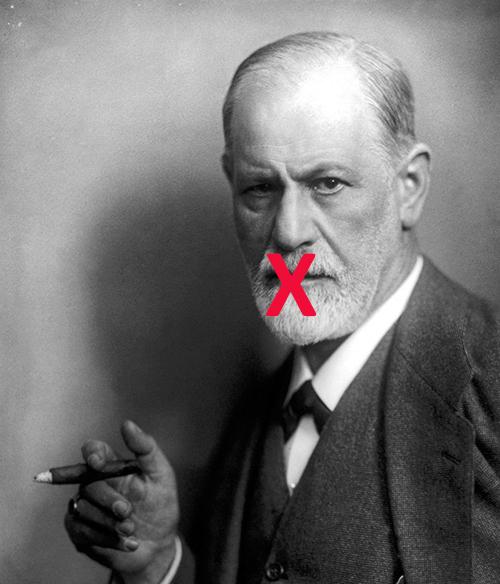Senator John McCain has been in the news over his health issues this past week, and perhaps you can remember the concerns about Secretary Clinton’s health in the fall. The media carried more speculations about Secretary Clinton and more facts about Senator McCain, but it raises the question of what should the talking heads of the media, especially media physicians, say in these circumstances. The dilemma is captured in the current discussion within the American Psychiatric Association (APA) about the Goldwater rule.
In 1964 when Senator Goldwater was running for president, several APA members contributed to an article in Fact magazine declaring him mentally unfit for the presidency. He sued for defamation and won, and the APA modified its’ ethics statement to read
“On occasion psychiatrists are asked for an opinion about an individual who is in the light of public attention or who has disclosed information about himself/herself through public media. In such circumstances, a psychiatrist may share with the public his or her expertise about psychiatric issues in general. However, it is unethical for a psychiatrist to offer a professional opinion unless he or she has conducted an examination and has been granted proper authorization for such a statement.”
It is the only medical specialty that explicitly indicates that commentary on a person’s health without their permission and without an examination is ethically unacceptable and provides sanctions for violating this rule. (Although there have been no sanctions made) And of course, like many of today’s politics, the controversy over this practice has been rejoined over concerns about President Trump’s mental health. Leonard Glass, an associate clinical professor of psychiatry at Harvard Medical School and a senior attending psychiatrist at McLean Hospital wrote a lengthy opinion piece in Psychiatric Times on why he felt that this rule went too far, interfering with his right of speech and ability to communicate his concerns to a larger audience. His greatest concern was that the APA wording had changed, from concerns about making a diagnosis (the real disservice and ethical violation of Goldwater’s rights) to commentary on behavior.
“I argued that the new, more literal application of the Goldwater Rule made a fundamental error conflating a “professional opinion” that one might provide in a clinical setting and be the basis for a treatment plan with the “opinion of a professional” who is making an observation in a non-clinical context, in the public domain.There is no patient-doctor relationship in the latter instance and hence the standards that apply to clinical assessment (thorough history, mental status exam … confidentiality and authorization … are not applicable. One might be interested in the “opinion of a professional” (which wouldn’t be the foundation for a plan of medical care) …. I agreed that making diagnoses of public figures without interviewing them (as opposed to commenting of their widely available videotaped behaviors and remarks) is not relevant or helpful”
He ended his column by announcing his resignation from the APA after 41 years of membership saying in part “In the case of Donald Trump, there is an extraordinary abundance of speech and behavior on which one could form a judgment…It’s not definitive, it’s an informed hypothesis, and one we should be able to offer rather than the stunning silence demanded by the Goldwater rule.” His column and resignation got a response from the American Psychoanalytic Association (not the APA) which “explicitly stated for the first time that the organization does not subscribe to the rule. That position had been implicit for years, but the association’s “leadership has been extremely reluctant to make a statement and publicly challenge the American Psychiatric Association…”
While it is easy to overlook the controversy, there are issues that we should consider. Why the prohibition about mental health when physical health is open to speculation? Could it be that there remains stigma associated with mental illness that we do not experience for physical illness? And are observations, even with “an extraordinary abundance of speech and behavior on which one could form a judgment” actually medical opinion despite the disclaimer that the person in question is not their patient and has not been formally examined? After all, when discussing these topics with our friends, do we mention the disclaimer or only begin with I heard (or read) the doctor say? My concern is not with my fellow physicians, I think (as does Dr. Glass) that we can and do act in an ethical manner. My concern is how the media chooses to characterize and frame our words to fit a journalistic rather than medical narrative. I am afraid that sometimes medical comments contribute more noise than signal.




